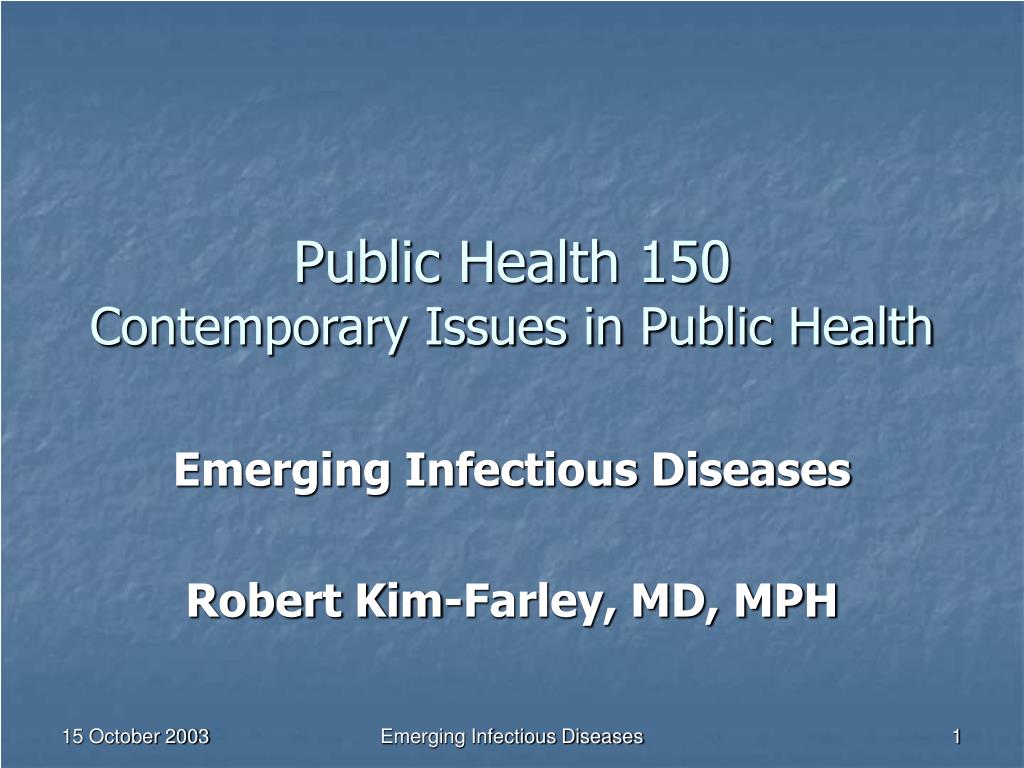
Breast and prostate cancer are among the most frequently diagnosed cancers in the county, but lung cancer remains the leading killer of both men and women. Less than 30 percent of older residents are receiving the preventive care needed to ensure their continued health, and 71 percent of county residents are overweight or obese, a condition that can lead to a host of life-threatening health issues.Ĭhronic disease is the leading cause of mortality in Harris County, and heart disease, cancer and stroke are responsible for almost 60 percent of deaths. Only 68 percent of adults in the county are getting routine checkups each year, and fewer pregnant women are getting adequate prenatal care than in other Texas cities. While hospitalization rates are lower than average, a number of residents are not getting the primary care they need. Public health challenges continue to grow with the population, but data for Harris County, which encompasses the city of Houston, reveals a great deal about the types of issues citizens are facing.

The Houston metro area is home to approximately 6,892,427 people and it is still growing, with over 94,000 new residents in 2017. The city's health systems, health officials and front-line public health workers are some of its most important unsung heroes for the ongoing work they do to support citizens of this bustling city and its expansive metropolitan area. It's a place as unique as its geographic footprint, but Houston also faces significant public health challenges, sometimes due to its location and weather. The Space City is the fourth largest in the nation, with a metro area that covers nine counties and over 9,000 square miles, stretching from the sandy shores of the Gulf Coast to the piney woods of Southeast Texas. Learn more about how the Office of EMS is supporting data use in systems nationwide.Houston is one of the most diverse and dynamic cities in America.Read Multiple Naloxone Administrations Among Emergency Medical Service Providers is Increasing, a detailed report led by NHTSA, the CDC and the Food and Drug Administration (FDA) that used EMS data to track multiple naloxone administrations and opportunities for improved response and treatment.Become familiar with the data in the National EMS Dashboard and incorporate it into research or decision-making at the local, state, regional and national levels.The OEMS has also collaborated closely with the Centers for Disease Control and Prevention (CDC) to use the database to shed light on the opioid problem at the national level.

NHTSA’s Office of EMS (OEMS) works with NEMSIS and the Technical Assistance Center to maintain and keep current the National EMS Dashboard to provide data on trauma care and traffic crash injuries. NHTSA has worked with local and State partners to educate colleagues around the country about how EMS data can be used to identify trends, assist with law enforcement activities, allocate resources and more. are using EMS data to help understand and address the opioid overdose crisis. The National EMS Dashboard offers valuable insights from the perspectives of health care providers – information such as the condition of crash victims, pre-hospital care, EMS transportation decisions, and transportation disposition immediately following crashes.Ĭommunities across the U.S. NHTSA created the National EMS Dashboard, a visually interactive presentation of traffic crash data from the National EMS Database, making it easier for traffic safety professionals to access and use.

NHTSA supports the use of EMS data in public health activities by educating and partnering with researchers and public health officials. EMS patient care data also include information on the location of emergencies-something not available in most other health care data.

Thanks to NEMSIS, the National EMS Information System, most EMS patient care data are collected using a national standard, making it easy to aggregate and analyze at any level. The information collected by EMS caregivers in patient care reports can be extremely valuable to public health officials, policymakers, health care providers and anyone else looking to tackle a public health problem. Along with its partners throughout the Federal government, NHTSA is committed to supporting local, state, Tribal and national efforts to use EMS data to improve population health.


 0 kommentar(er)
0 kommentar(er)
